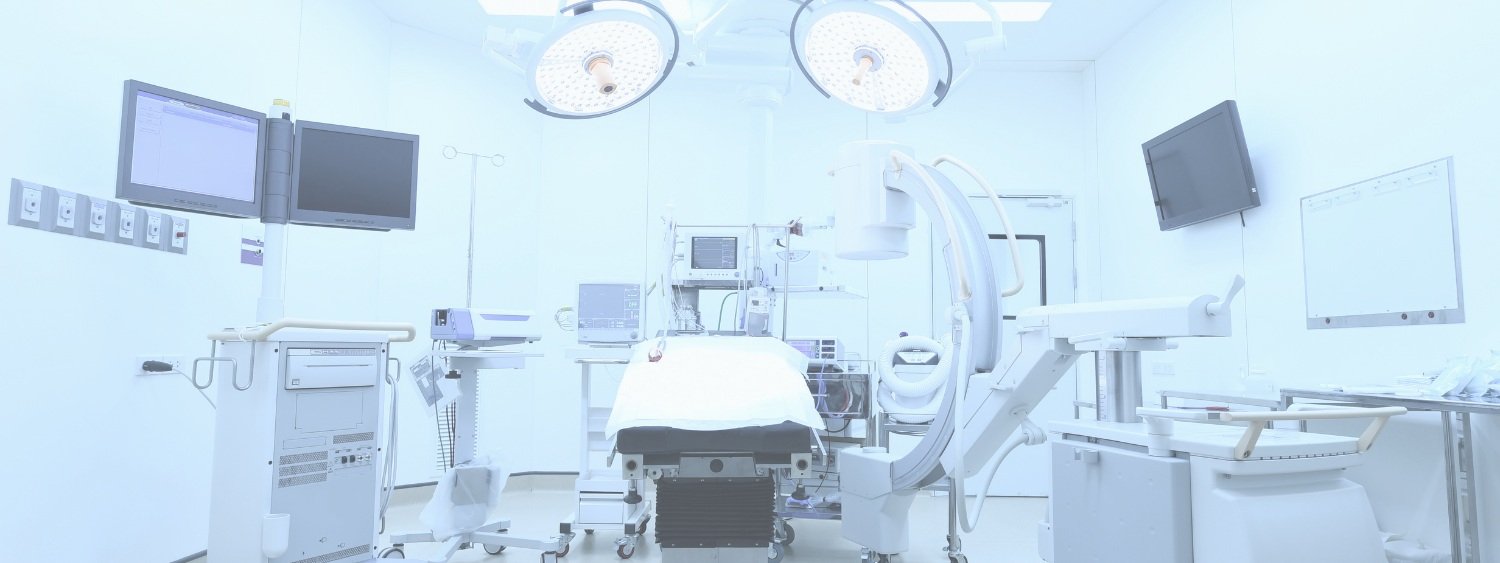
Transforming Traumatic Injuries
Mechanical Tissue Resuscitation® (MTR®) is a revolutionary, transformative technology to actively remove excess fluids in damaged tissues of the brain, heart and spine to help mitigate the effects of secondary injury. With the use of a controlled application of sub-atmospheric pressure in the treatment of injuries, MTR® offers a new therapeutic modality in a field that has seen little innovation in care.
Drs. Louis Argenta and Michael Morykwas spent over a decade at Wake Forest University in development of the MTR® to provide new treatment options for organ systems. These are the same inventors of the Vacuum Assisted Closure (V.A.C.), the negative pressure wound therapy (N.P.W.T.), which is now the standard of care for such injuries.
The first indication for MTR® will be for Traumatic Brain Injuries (TBI). Over 62,000 patients a year suffer from a TBI in the U.S. civilian population alone, with significant cases that result in death or permanent physical and cognitive disabilities. Current treatment options are either surgical or medical/pharmacologic with little innovation in the field for over 100 years. Current responses to TBI injuries are passive, managing symptoms of injury. To improve TBI outcomes, an active therapy is needed to mitigate secondary pathologies.
MTR® is the innovative therapy that will provide an active treatment modality for clinicians. Following a TBI, impaired microcirculation in and around the brain injury results in the depletion of critical substrates such as oxygen, glucose, and adenosine triphosphate. Metabolites from the compromised cells around the initial injury accumulate in the interstitial and perivascular spaces. Accumulation of fluid in this area results in further capillary compression, decreased perfusion, and progressive secondary injury defined as secondary neuronal degeneration.
Drs. Argenta and Morykwas found that compromised tissue surrounding an injury can be made to survive by targeted treatment using controlled sub-atmospheric pressure. This secondary cell death is the target of the MTR® therapy. To date, MTR® has shown promising results in animal studies for use in treating traumatic, ischemic and hemorrhagic injuries to the brain, heart and spinal cord.
Established in 2017 and headquartered in San Antonio, Texas, Renovo Concepts, Inc., is conducting first in human (FIH) clinical trials.
Mechanical Tissue Resuscitation ®
-

Addressing the Clinical Problem
MTR® is the controlled application of sub-atmospheric pressure in the treatment of traumatic injuries. For the first indication, TBI, this therapy is a radically new approach in a market that has seen minimal innovation in over a hundred years.
-

Reducing Costs
Effective treatment with MTR® may provide improved clinical outcomes and considerable reduction in length of hospital stays. Less time in the hospital results in significant cost savings.
-

Expanding the Market
TBI is a sizeable market with sustained high growth rates. This market is driven by factors such as increasing prevalence of TBIs and the rising awareness of the impact of brain injuries.
